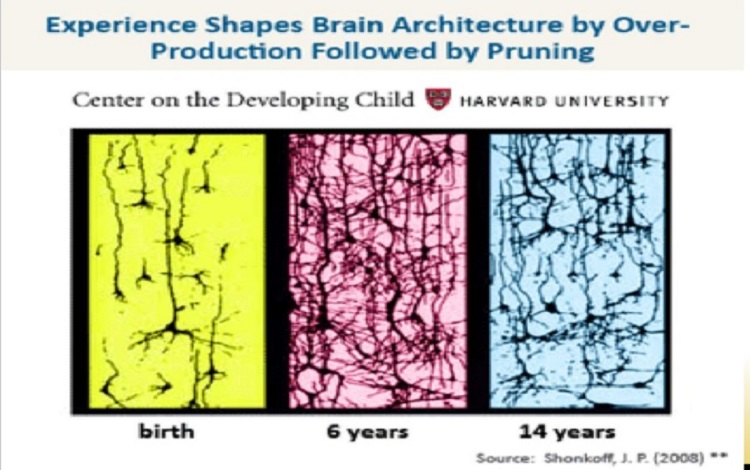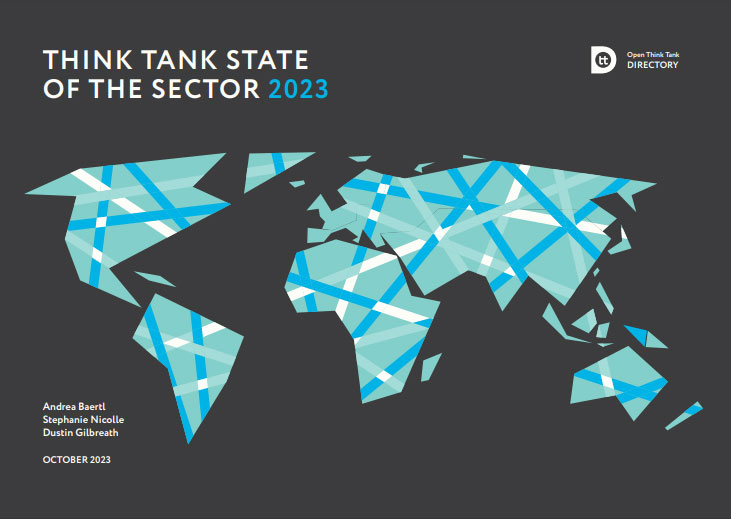Think Tanks: Where to Start


Editorial Stephen Kanitz
Brazil currently has so many problems that one of the issues that Think Tanks could solve is to show which problems we should start solving as a priority.
One of the characteristics of the Brazilian government is the tendency to let our problems pile up, one after the other.
Decision making is not something taught in our universities, with the exception of the Business Administration course.
We have no sense of urgency, we ask for more data and studies instead of solving the issues, and with that, the problems keep piling up.
Managers and engineers use the term “the best is the greatest enemy of the good” more often, while economists and sociologists tend to be perfectionists and look for perfect solutions, not accepting good alternatives.
Today we certainly have 2,000 unsolved problems, divided into 50 major areas, including health, education, population decline, in short.
And then we fall into two traps.
Usually the most recent problems become our priorities, not the most serious problems.
To stay on a single example, we discussed the spending ceiling rather than the size of current spending.
Another mistake we make is wanting to solve 12 problems at once, what we call reforms. Tax Reform, Administrative Reform, etc.
If we are not capable of solving one problem at a time, much less will we solve 12 with a Reform.
The third mistake is to select problems that are on the surface, in plain view, or those that affect us today.
Most of our current problems are the result of the 7,000 accumulated problems of the past.
Problem number 7000 is actually just a sequel to problem 2700, which has not been resolved. And that, in turn, is a consequence of problem number 45, back in the distant past.
Think Tanks need to consider this characteristic, and discuss our hierarchy of problems among themselves, unraveling this skein and dividing the reconstruction work among themselves.
There is no doubt that tackling problems unresolved in the past is a complex task. In reality, what you are doing is trying to solve 20 problems at the same time, not just 1.
My humble opinion is that problems 1, 2, and 3 are the most urgent for Think Tanks to address.
I have my candidates, and I propose that we create a joint seminar to discuss what issues from the past still affect us today.
And for you, what should be addressed with priority?
Stephen Kanitz




